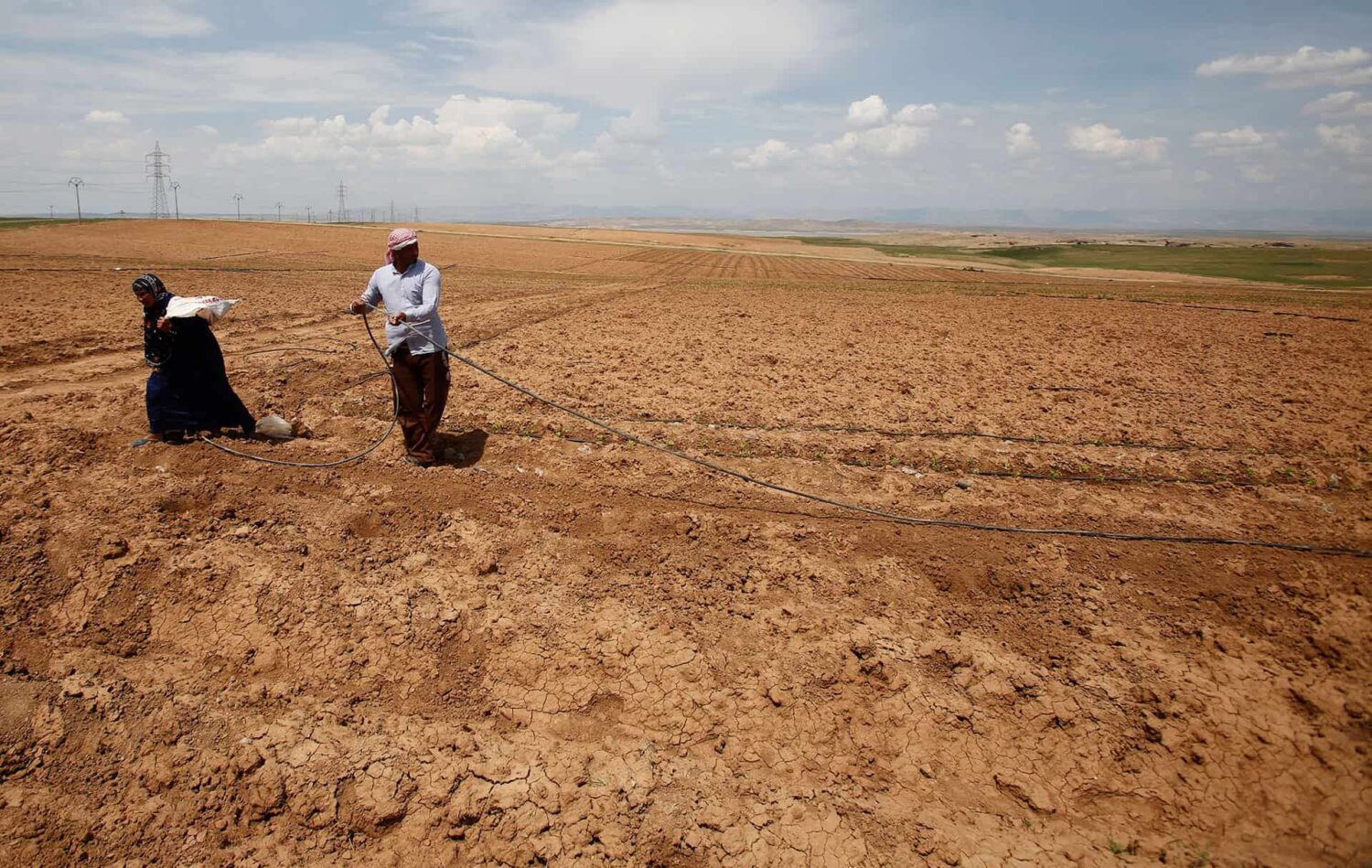ROME, ITALY – Building on growing momentum to tackle environmental problems by addressing the ways in which our food and fiber are produced, the Global Environment Facility has approved 26 projects led by the Food and Agriculture Organization of the United Nations (FAO).
“To achieve the 2030 Agenda we need a healthy planet and healthy people,” said FAO Deputy Director-General Maria Helena Semedo, welcoming the greenlighting of the projects by the 64th Council Session of the GEF, held in on Monday in Brasilia, Brazil.
“These projects will help countries conserve and use natural resources sustainably while providing nutritious diets and green and climate-resilient livelihoods and contribute to the implementation of the Kunming-Montreal Global Biodiversity Framework and the Paris Agreement,” Semedo said.
The projects total US$174.7 million in GEF funding and leverage $1.2 billion in co-financing.
With these new projects, FAO’s partnership with the GEF will have helped countries access over $1.4 billion in financing.
These will also help leverage over $9 billion in co-financing to transform agrifood systems into solutions to biodiversity loss, climate change, ecosystem degradation, and pollution on land, in fresh water, and in our seas, Semedo said.
These 26 projects will support countries to create or improve the management of nearly 17.9 million hectares of protected areas on land and sea, improve the sustainability of fisheries, forestry, and agricultural practices on over 27 million hectares of landscapes and seascapes.
These would help restore 820,000 hectares of ecosystems, mitigate 275 million tons of greenhouse gas emissions, improve cooperative management of four shared water ecosystems and benefit 1.6 million women and men.
Six projects in Lao People’s Democratic Republic, Nicaragua, Panama, Papua New Guinea, Thailand and Venezuela are part of the Critical Forest Biomes Integrated Program, which will support the protection and conservation of globally important forests and improve management of forest resources.
Five projects in Cabo Verde, Cuba, Mauritius, Trinidad and Tobago, and Vanuatu are part of the Blue and Green Islands Integrated Program, which will address the interdependence of environment and economic systems in SIDS (Small Islands Developing States.
Four projects in Côte d’Ivoire, Nepal, Sao Tome and Principe, and Vietnam are part of the Ecosystem Restoration Integrated Program.
One project in Costa Rica will join the Net Zero Nature Positive Accelerator Integrated Program.
One project in Pakistan will join the Eliminating Hazardous Chemicals from Supply Chains Integrated Program and utilize circular bioeconomy principles to transform banana waste into a sustainable alternative to cotton.
FAO’s global GEF portfolio currently exceeds US$1.3 billion, assisting over 120 countries in projects that respond to local priorities, deliver global environmental benefits, and advance the Sustainable Development Goals (SDGs).








